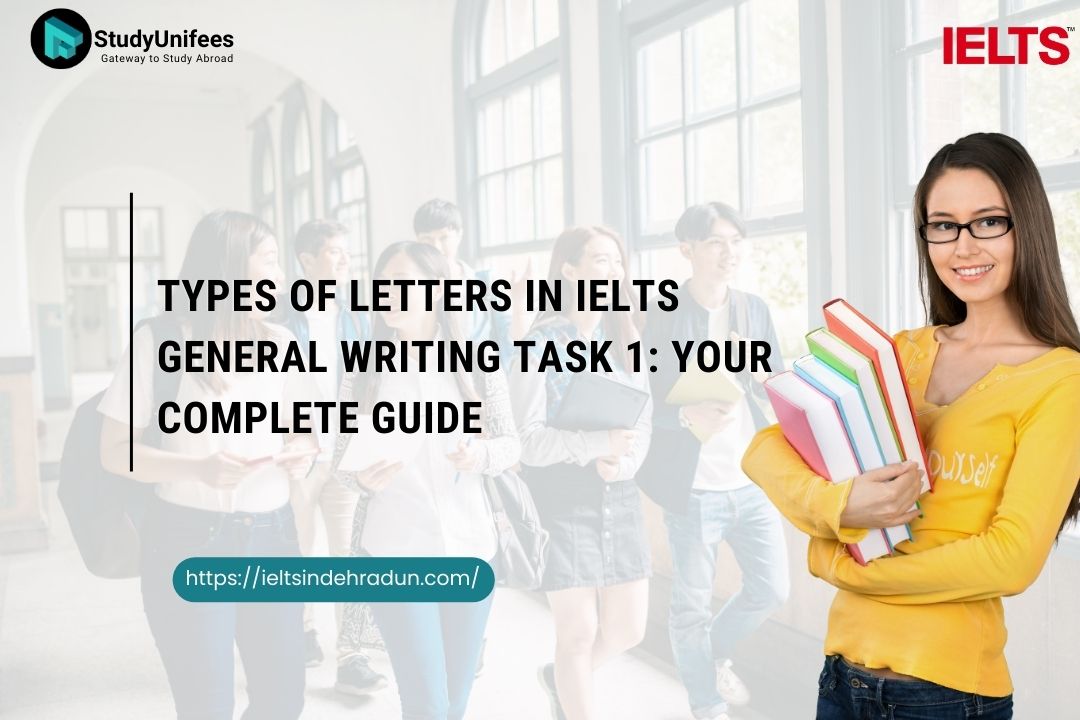
In the IELTS General Training module, Writing Task 1 involves composing a letter, an essential skill for effective communication in real-world scenarios. This guide aims to demystify the various types of letters in IELTS General Writing Task 1, providing in-depth explanations and examples for each type. Whether you are a student preparing for the IELTS Writing exam or an individual seeking to enhance your letter-writing proficiency, this comprehensive guide will empower you to navigate the nuances of different letter formats. What you will learn in this article will be useful not only in the IELTS but also in real life.
1. Formal Letter:
A formal letter is often used for official or business purposes. It adheres to a set structure and language conventions and is very common in IELTS writing in the IELTS GT test.
SAMPLE FORMAL LETTER
Dear Hiring Manager,
I am writing to express my interest in the advertised [Job Title] position at [Company Name], as seen on your website. With a solid background in [Your Field], I am confident that my skills and experience align well with the requirements for this role.
I hold a [Your Degree] from [Your University] and have successfully managed [relevant projects or experiences]. I am particularly drawn to [Company Name] because of your commitment to [specific values or projects], and I am eager to contribute my expertise to your team.
Thank you for considering my application. I am available at your earliest convenience for an interview and look forward to discussing how my skills can contribute to [Company Name].
Sincerely,
[Your Full Name]
2. Informal Letter:
An informal letter is more personal and expressive, often written to friends, family, or acquaintances. It has a relaxed tone and follows a less rigid structure and is often tested in IELTS writing in IELTS GT.
SAMPLE INFORMAL LETTER
Hey [Friend’s Name],
I hope this letter finds you well. It’s been a while since we last caught up, and I wanted to share some exciting news with you.
Guess what? I recently [exciting news or updates], and I couldn’t wait to tell you all about it. Life has been both [adjective] and [adjective], and I can’t wait to hear how things are going on your end.
Looking forward to catching up soon. I really enjoyed our time together when we last met. Drop me a message when you have some time.
Best regards,
[Your First Name]
3. Semi-Formal Letter:
A semi-formal letter strikes a balance between formality and informality. It is often used in situations where a degree of professionalism is required but allows for a more personal touch and is often tested in IELTS writing in IELTS GT. This kind of letter is most often addressed to a colleague who occupies a more senior position in the same company.
SAMPLE SEMI-FORMAL LETTER
Dear [Recipient’s Name],
I trust this letter finds you in good health. I am writing to inform you about [subject] and to seek your advice/opinion on the matter. [Body of the letter – presenting the subject, seeking advice or opinion]
Your insights on this matter would be greatly appreciated. As always, I hope you will respond promptly and with clarity.
Warm regards,
[Your Full Name]
4. Complaint Letter:
A complaint letter is written to express dissatisfaction with a product, service, or situation. It aims to address issues and seek resolution. It is often tested in IELTS writing in IELTS GT. This letter also uses formal language but avoids being overly negative.
SAMPLE COMPLAINT LETTER
Dear [Customer Service],
I am writing to express my dissatisfaction with the recent experience I had with your [product/service]. On [date], I purchased [details of the product/service] and encountered several issues.
[Body of the letter – detailing the complaint, providing relevant information]
I trust you will address this matter promptly and provide a satisfactory resolution. As a regular customer, I feel I deserve to have this issue addressed promptly.
Sincerely,
[Your Full Name]
5. Invitation Letter:
An invitation letter is crafted to invite someone to an event, occasion, or gathering. It includes details such as the purpose of the invitation, date, time, and location and is often tested in IELTS writing in IELTS GT.
SAMPLE INVITATION LETTER
Dear [Friend’s Name],
I hope this letter finds you well. It gives me great pleasure to invite you to [event/occasion] on [date] at [location]. The event promises [brief description], and your presence would add immense joy to the occasion.
[Body of the letter – providing details of the invitation, RSVP information]
Looking forward to celebrating this moment with you.
Warm regards,
[Your First Name]
6. Thank You Letter:
A thank-you letter expresses gratitude for a favor, gift, or gesture. It is a courteous way to acknowledge someone’s kindness and is often tested in IELTS writing in IELTS GT. A thank-you letter is usually sent to someone who has done you a favor in the recent past.
SAMPLE THANK-YOU LETTER
Dear [Recipient’s Name],
I am writing to express my heartfelt thanks for [gift/favor]. Your thoughtfulness and generosity have truly touched my heart, and I wanted to convey my gratitude.
[Body of the letter – detailing the gift or favor, expressing appreciation]
Once again, thank you for your kindness.
Warm regards,
[Your First Name]
Conclusion: Mastering the Art of Letter Writing in IELTS General Task 1:
In conclusion, mastering the art of letter writing in IELTS General Writing Task 1 involves a comprehensive understanding of the various types of letters, each with its unique structure and purpose. Whether you’re crafting a formal letter for professional communication, a heartfelt thank-you note, or an invitation to a special event, the key lies in adapting your language and tone to suit the specific context.
Through consistent practice and a deep understanding of these letter types, you can confidently navigate the complexities of IELTS General Writing Task 1, ensuring success in both exam performance and real-world communication scenarios. Study Unifees instructors are always ready to give you feedback about the quality of your letter writing.
